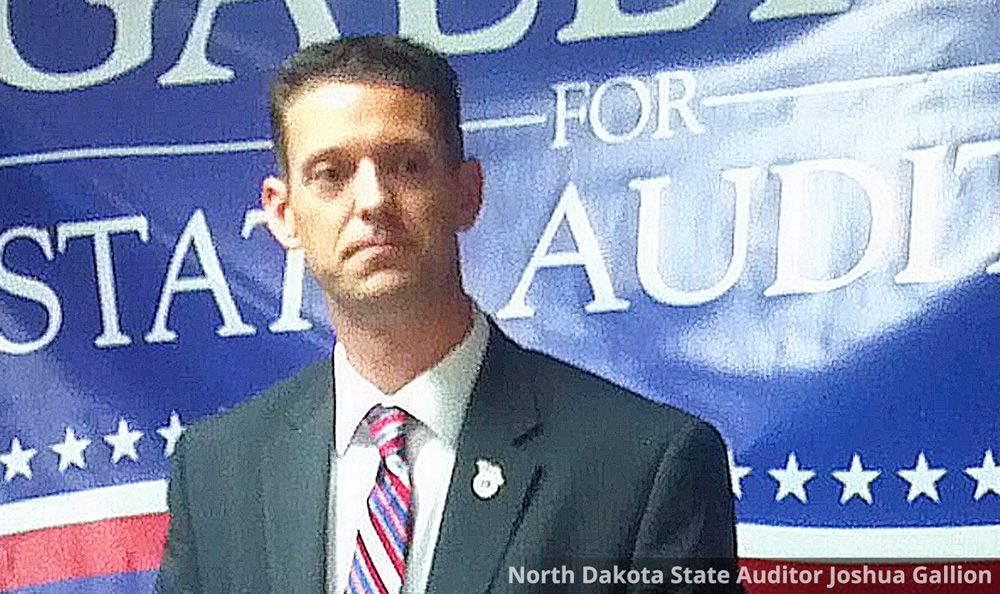“We certainly cannot comment,” said a spokesman for the Chief Financial Officer of the nation’s capital city, “on documents that are not supposed to be public.”
Welcome to Washington, D.C., where governing is done opaquely.
In a typically shady political maneuver, a $215 million contract was awarded to Intralot, a Greek company, to manage the region’s newly legalized sports gambling.
Citizens were not supposed to learn that Intralot subcontracted with city political insiders.
“Confidential city records obtained by The Washington Post,” the paper reported Saturday, “show that those who would benefit from the no-bid contract include a former D.C. State Board of Education official, the head of a marketing company that worked on the political campaigns of Mayor Muriel E. Bowser (D) and her protege, council member Brandon T. Todd (D‑Ward 4), and an executive whose company lost a contract at a city homeless shelter because of allegedly falsified documents.”
“Every time, there will be politically connected CBEs attached to a contract of this size,” Council Chairman Phil Mendelson generously explained. “It’s how business is done everywhere.”
“This is why we have a competitive process to begin with,” Councilmember David Grosso countered, “to make sure that this kind of stuff doesn’t happen and you don’t give a contract to your friends.”
The sports betting bill was introduced by Councilmember Jack Evans, who just resigned from the troubled Metro transit system after an investigation found he “knowingly” broke ethics rules. He is also “the subject of a federal probe into whether he improperly used his public office to benefit paying clients of a consulting business he owns.”
All in a day’s work.
This is Common Sense. I’m Paul Jacob.

—
See all recent commentary
(simplified and organized)










